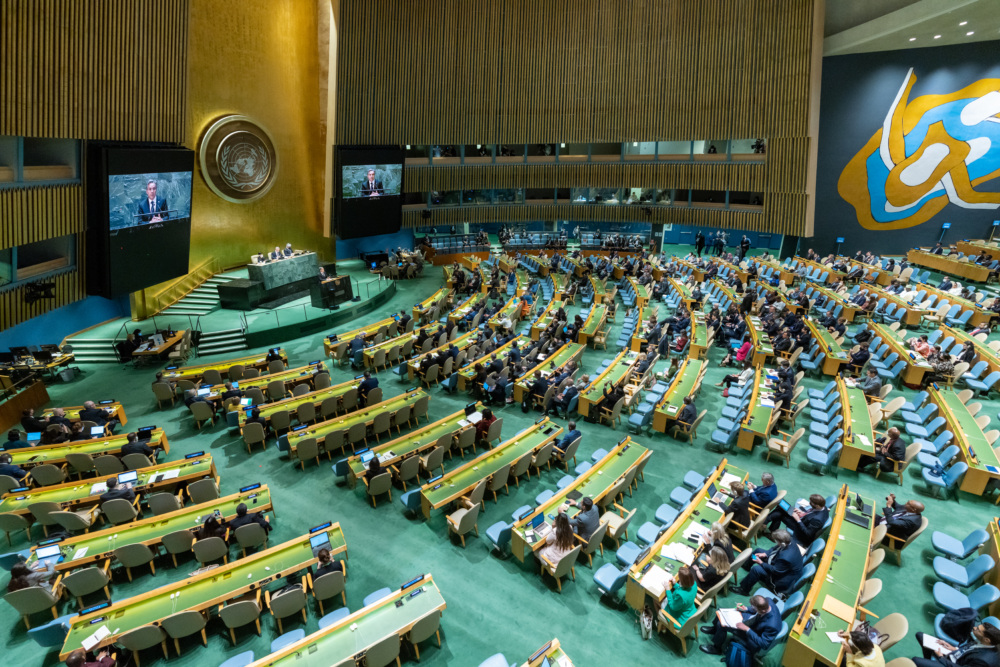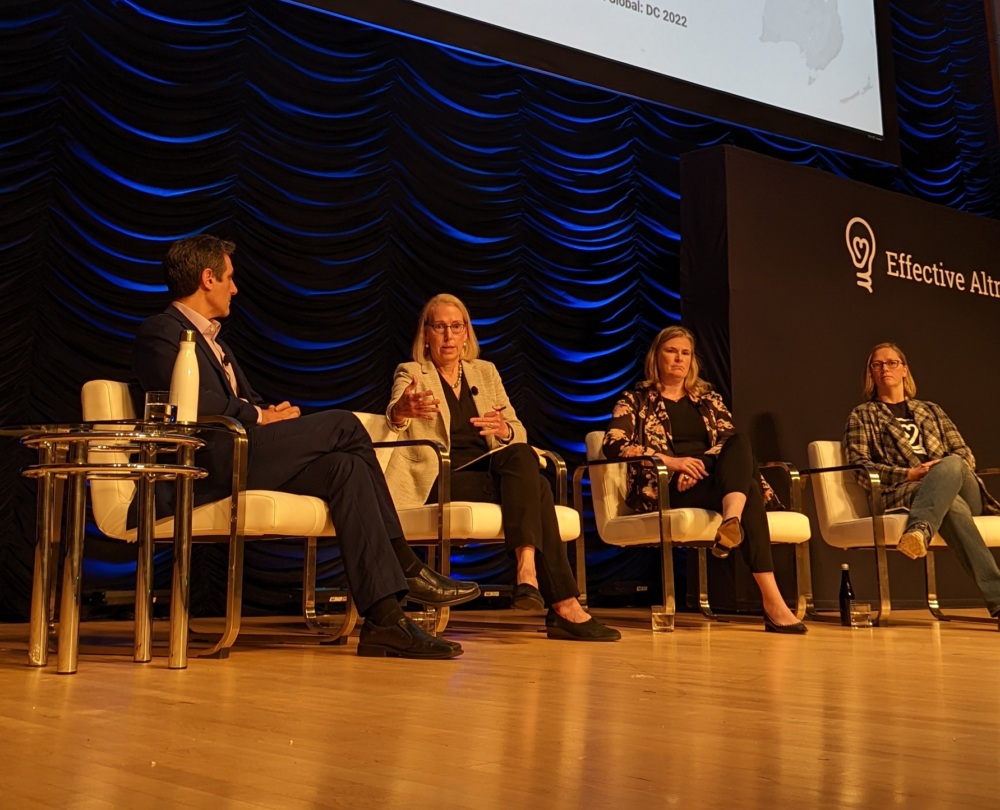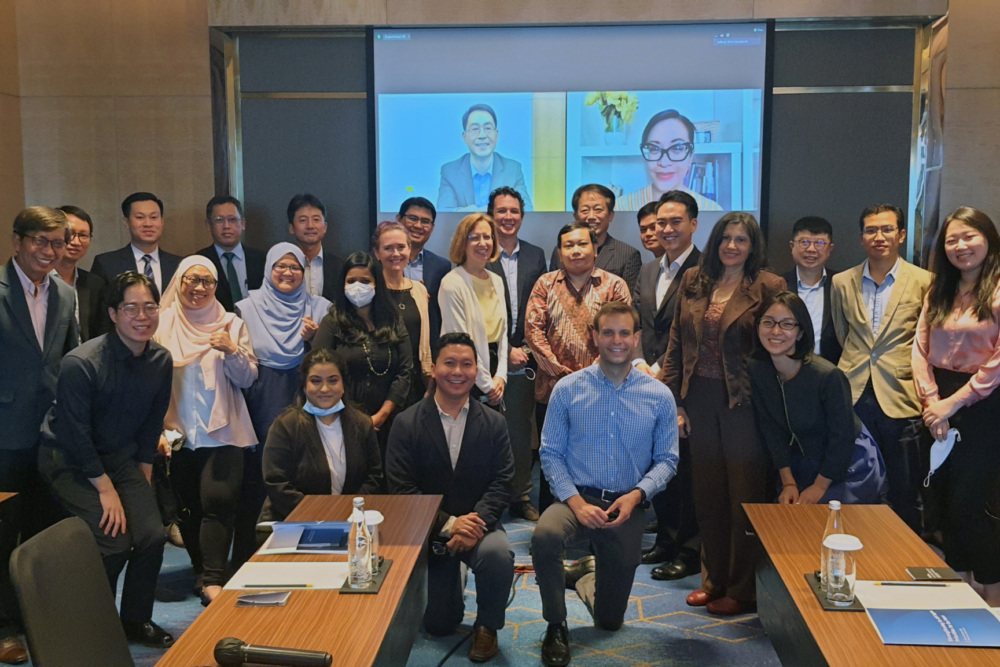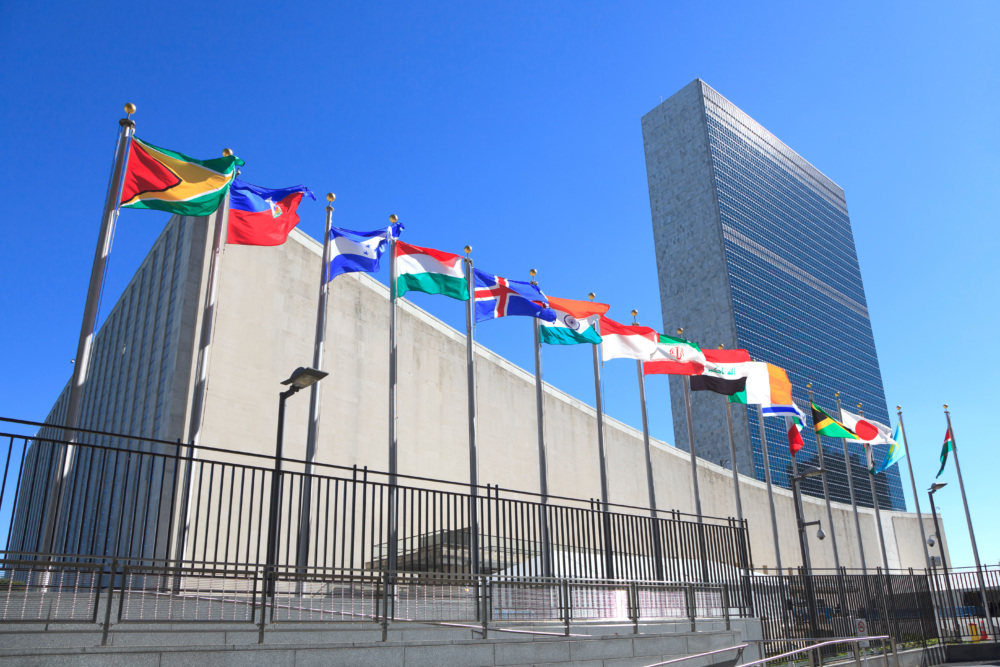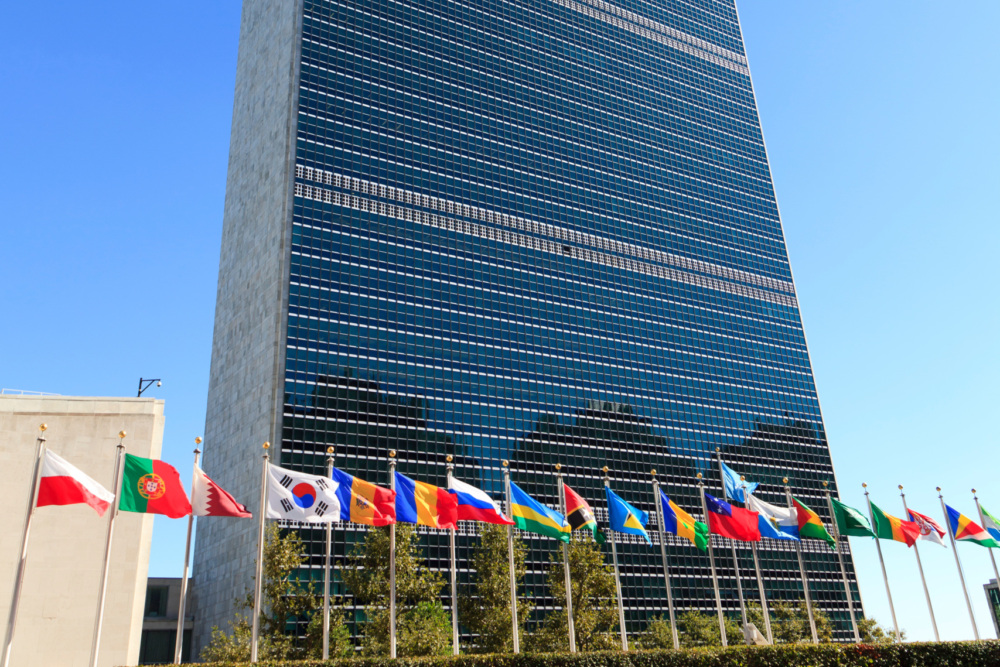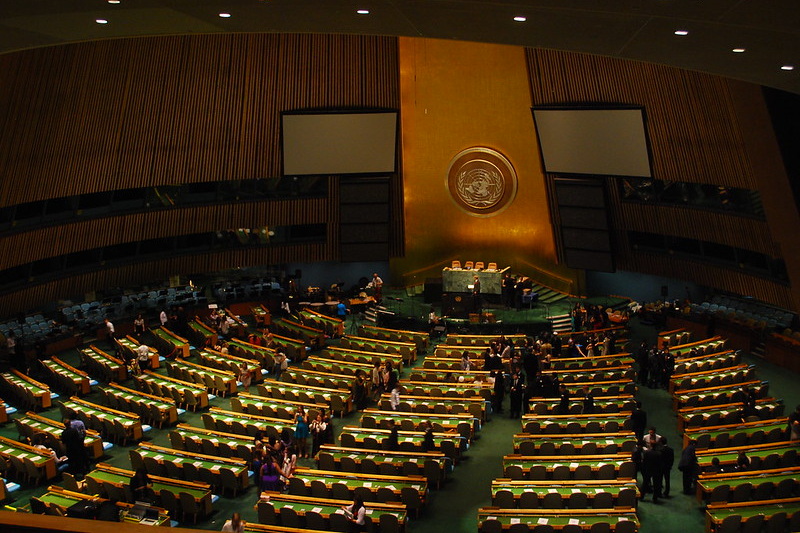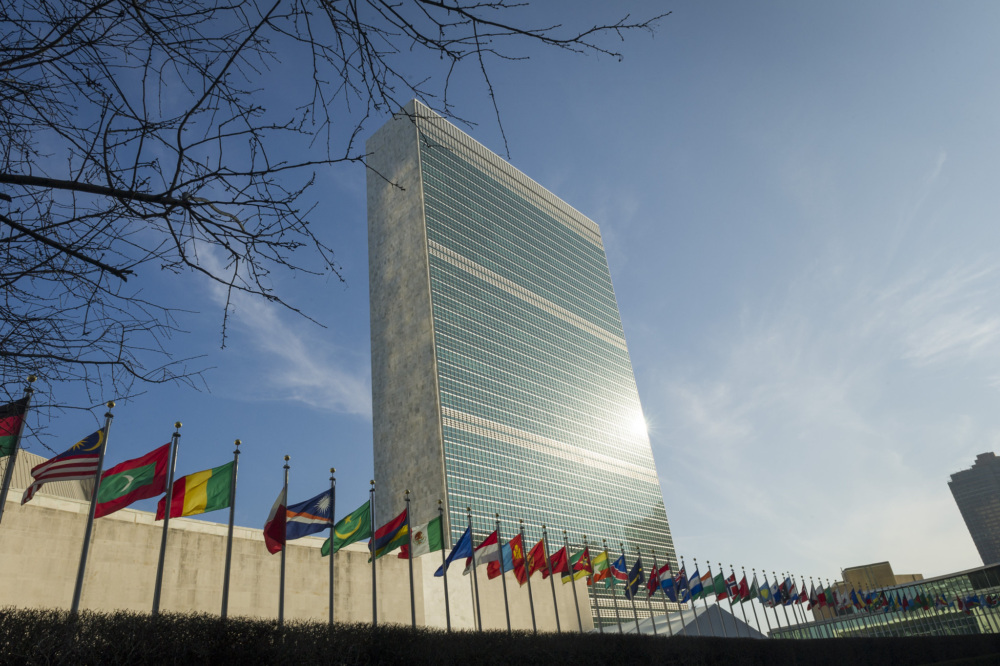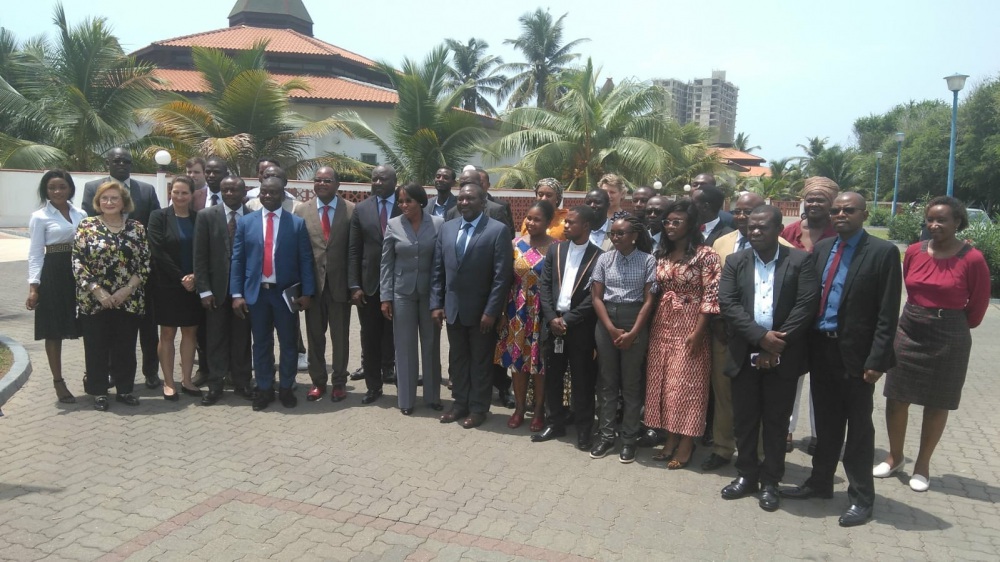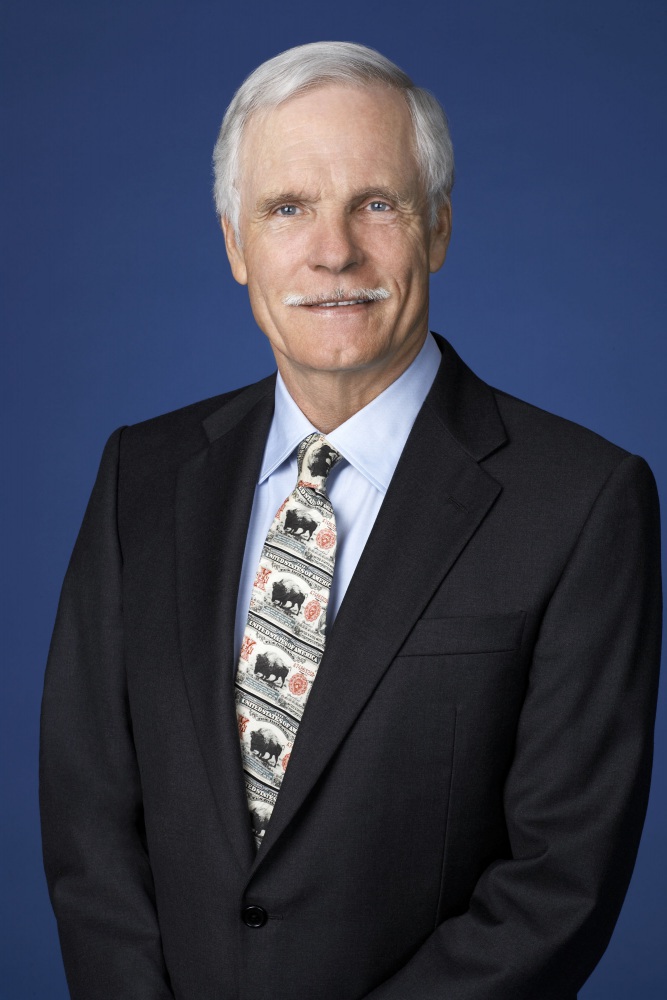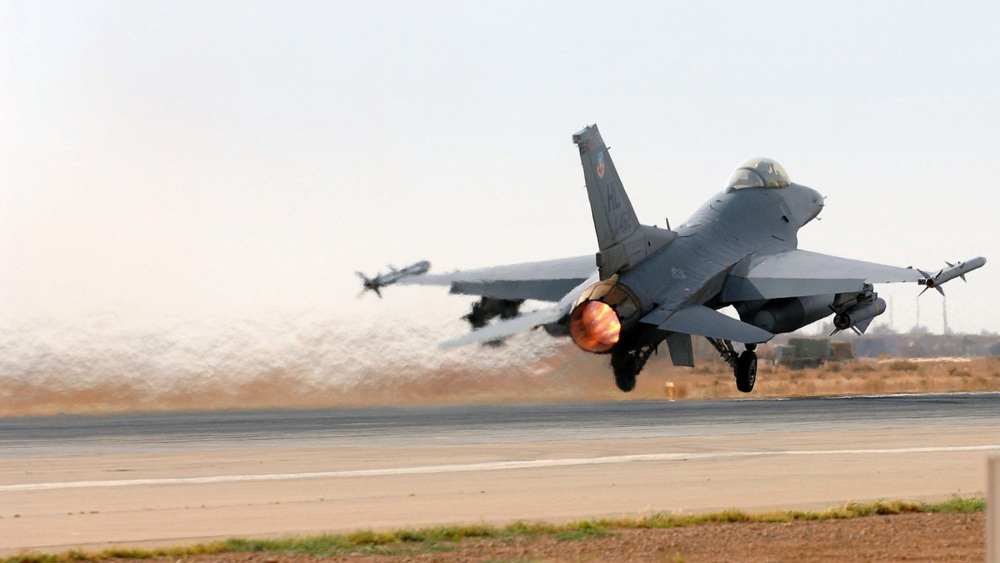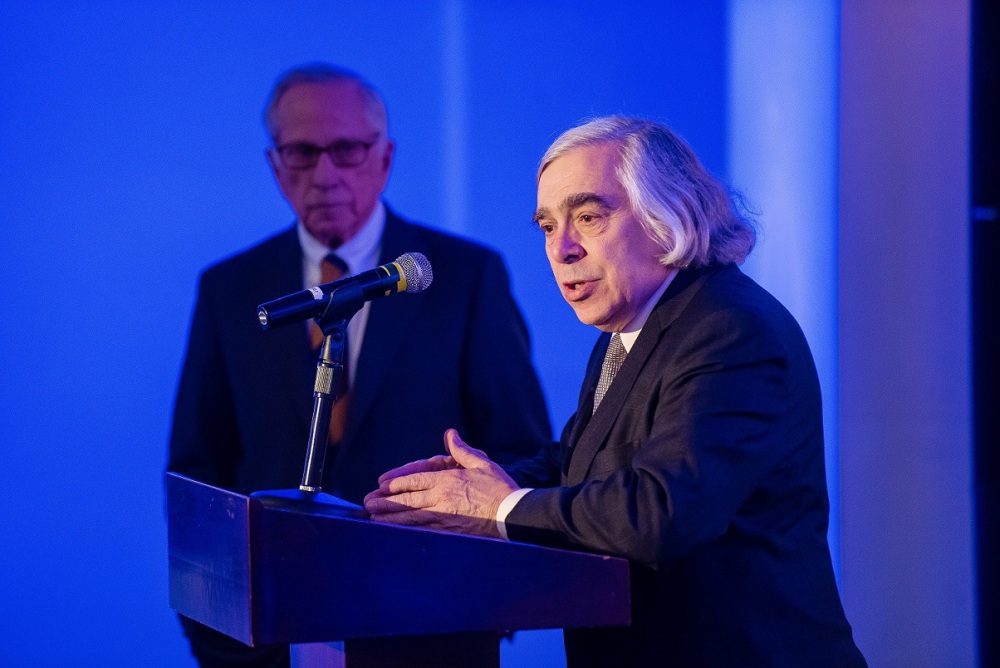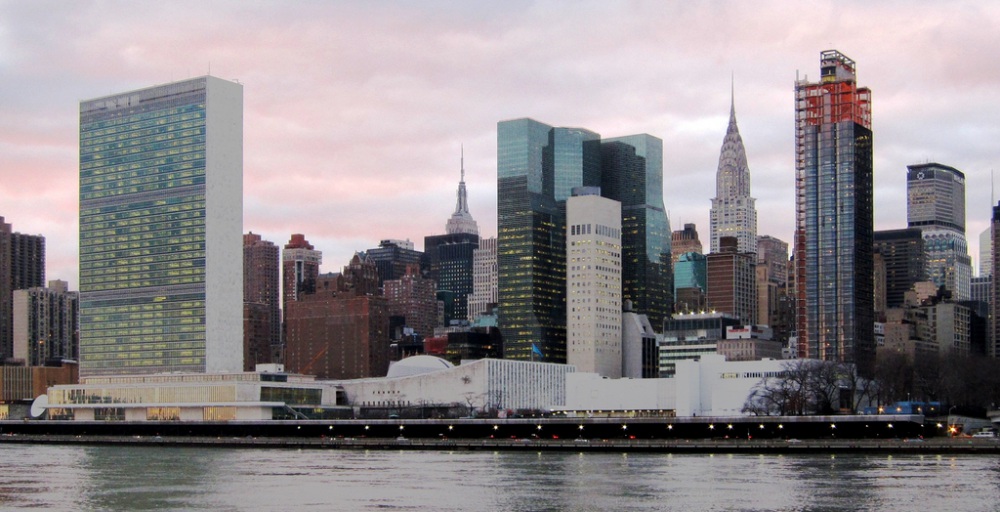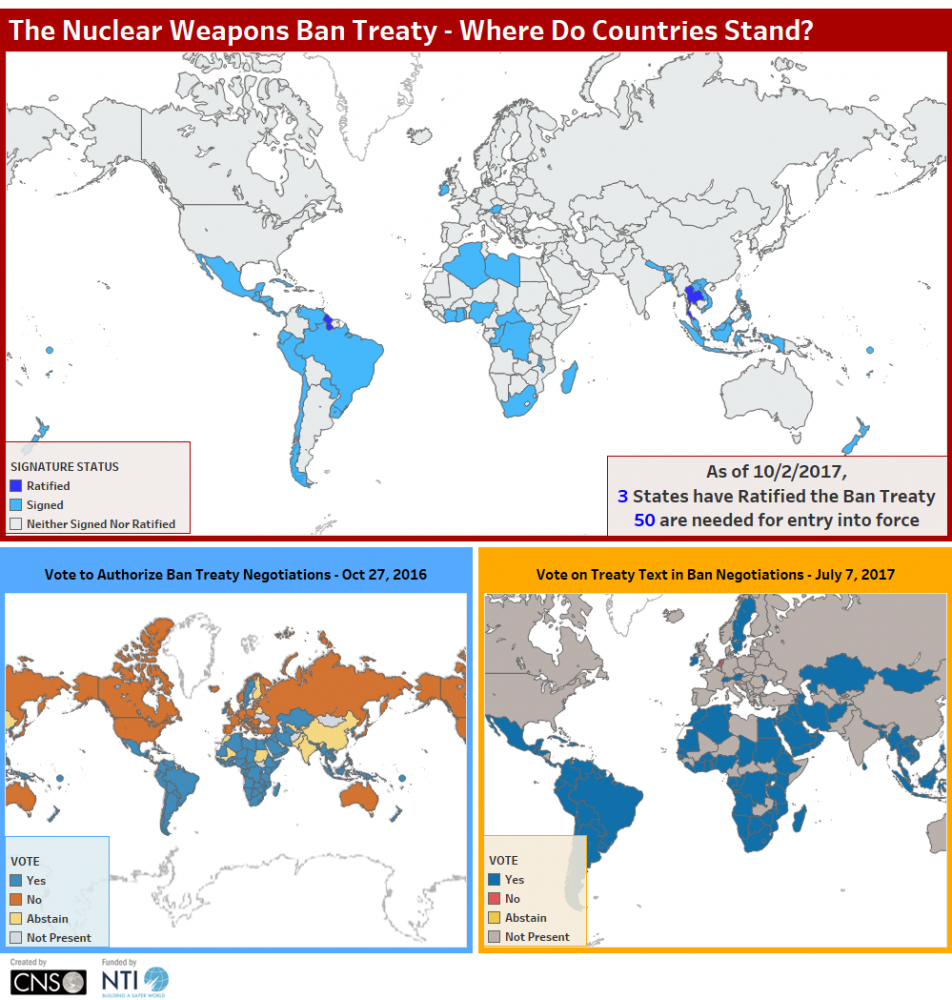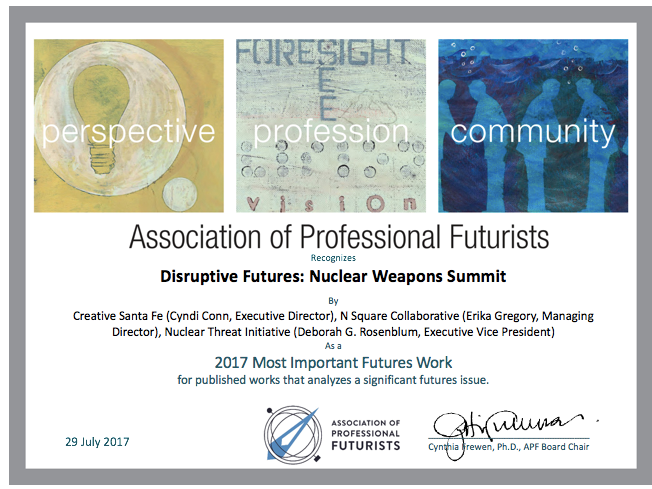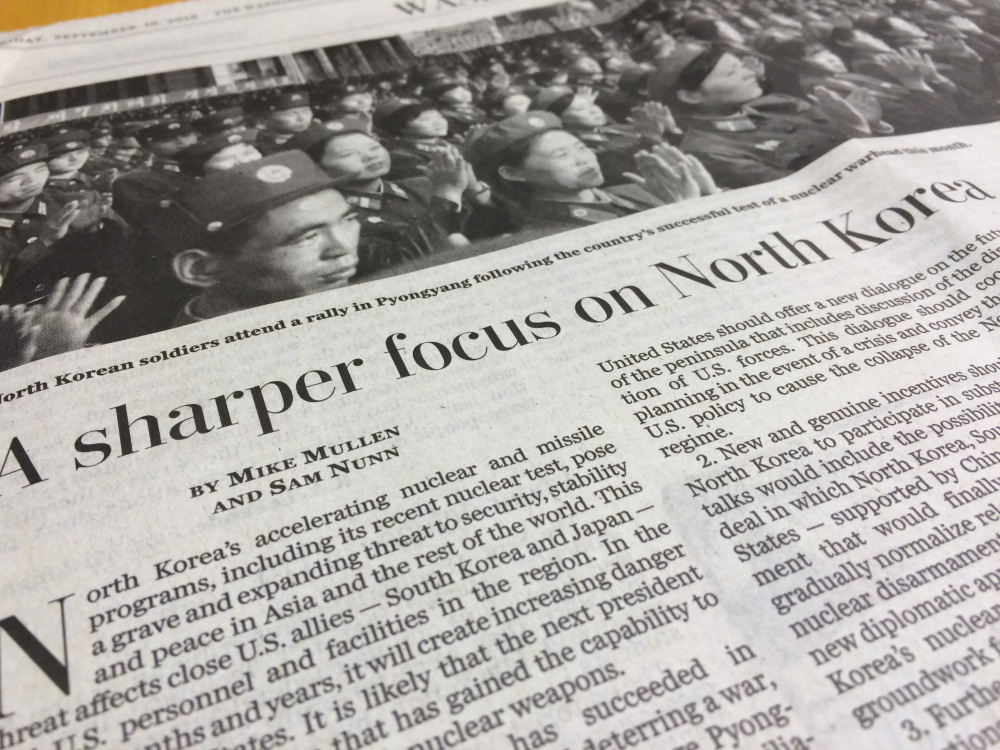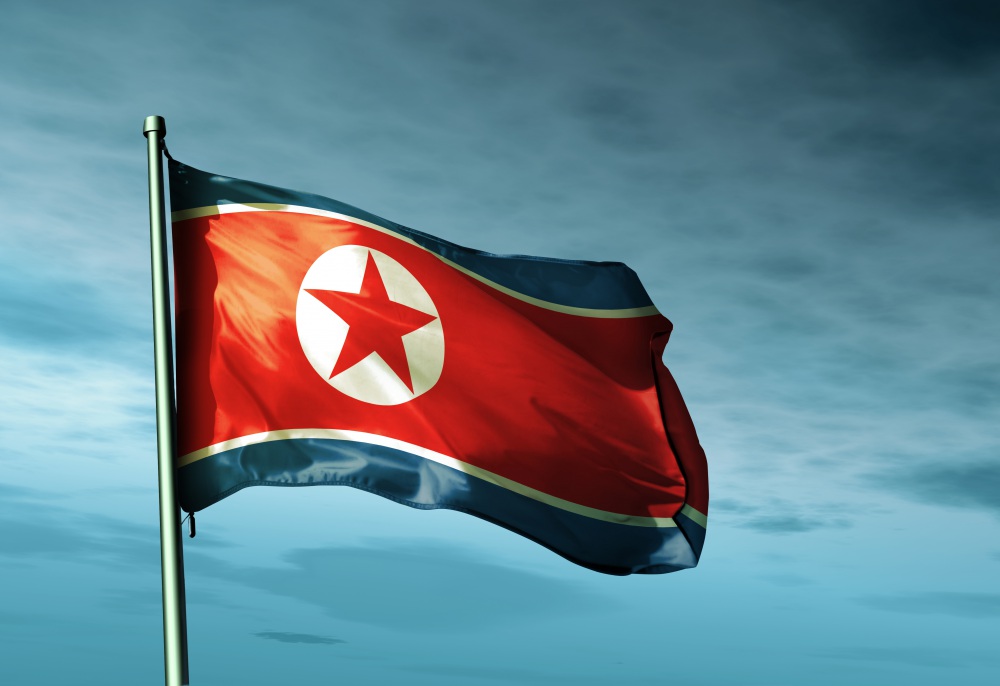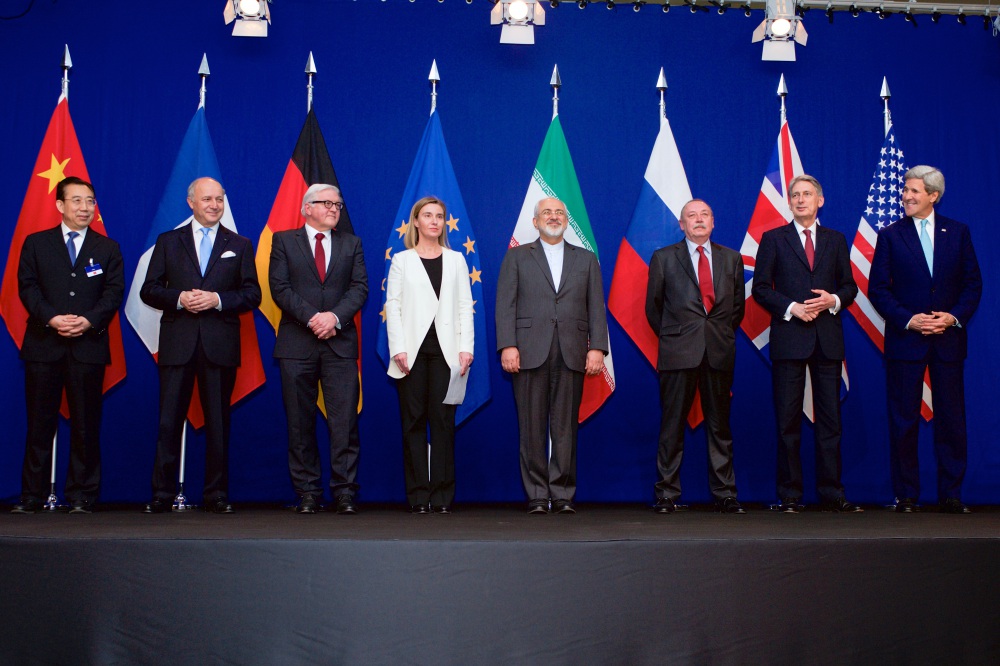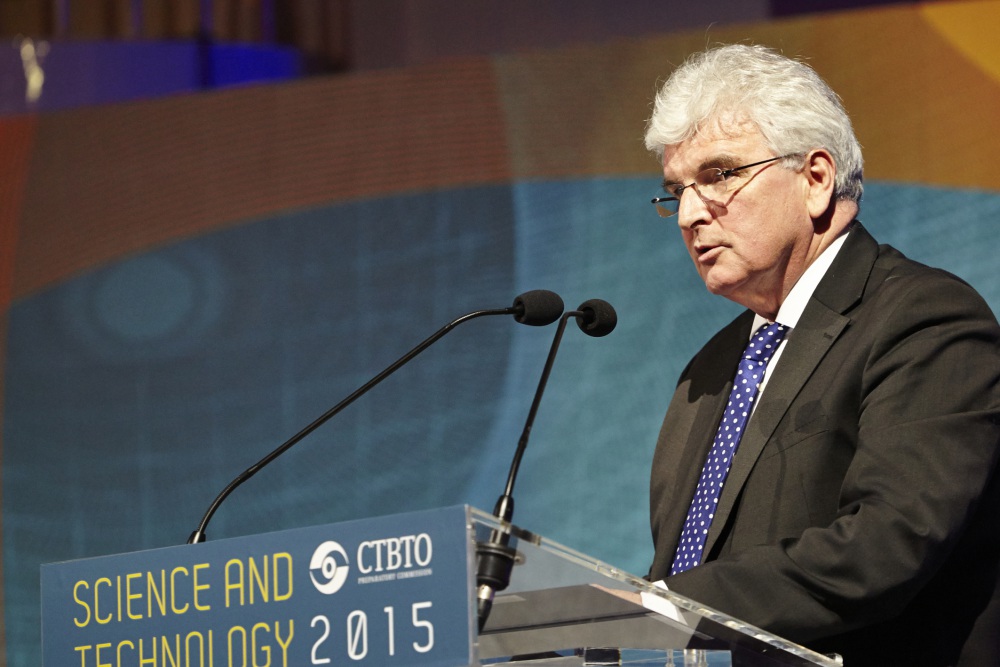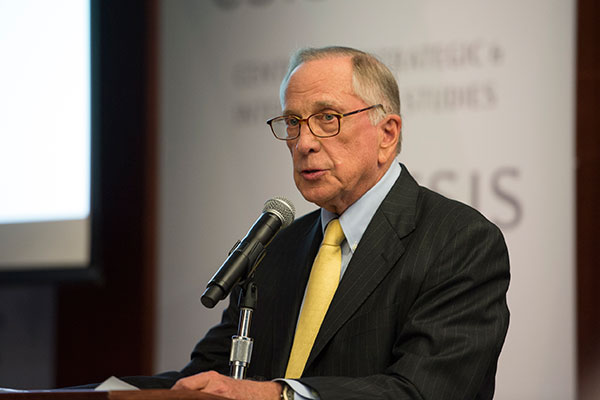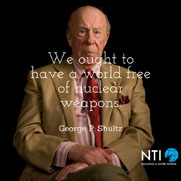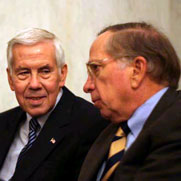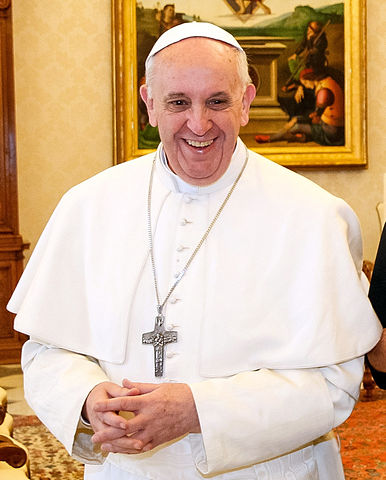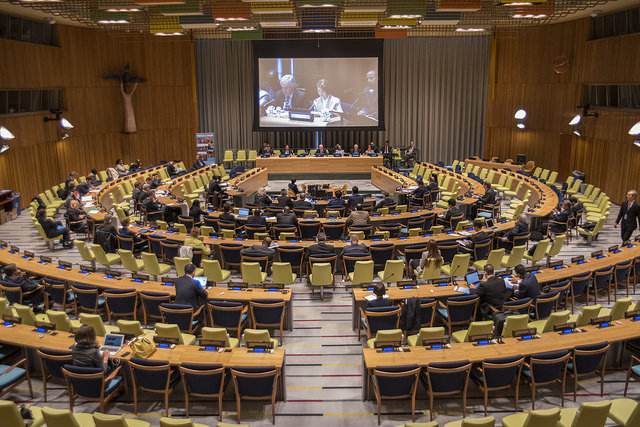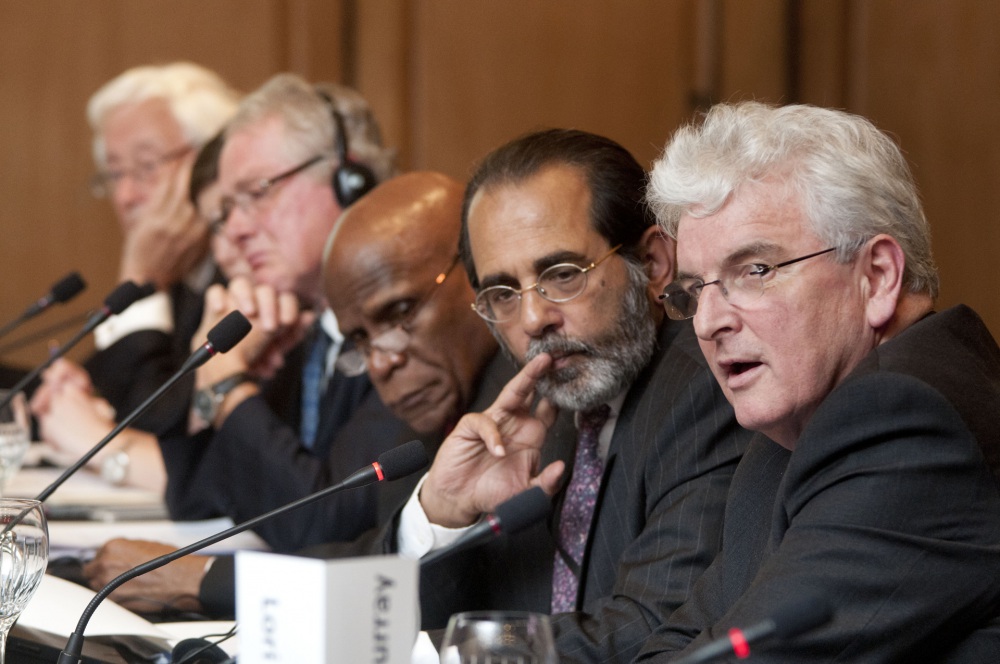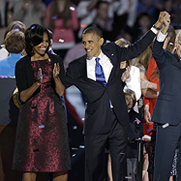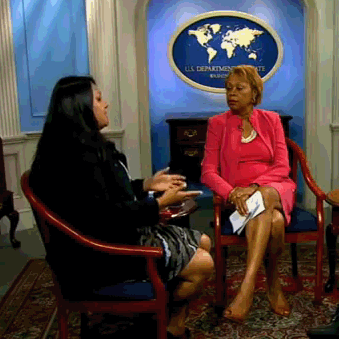
Lynn Rusten
Vice President, Global Nuclear Policy Program
The risks of nuclear use, proliferation, and terrorism are increasing, and international polarization on non-proliferation and disarmament issues is worsening. These dynamics threaten the stability of critical international arms control regimes, like the Nuclear Non-Proliferation Treaty (NPT).
Strengthen the NPT regime by convening a high-level, international dialogue to drive fresh, creative thinking, generate new ideas, and address political divisions that are stalling progress.
Revitalized international relationships that create a strong foundation for success at the 10th NPT Review Conference and re-build the long-term vision for a world without nuclear weapons.
The international non-proliferation and disarmament community is increasingly divided over critical questions: What is the role of nuclear deterrence? What is the vision for nuclear disarmament and arms reduction? What steps are necessary to prevent proliferation and use of nuclear weapons? This polarization challenges the stability of the Treaty on the Non-Proliferation of Nuclear Weapons (NPT) and its role as a central and credible forum for dialogue and progress on preventing proliferation, fostering the peaceful use of nuclear energy, and advancing nuclear disarmament.
The Global Enterprise to Strengthen Non-Proliferation and Disarmament (GE) is a multi-year Track 1.5 initiative designed to strengthen the NPT. Since 2018, GE meetings have convened officials and experts from over 20 countries in an informal setting where they can build understanding around different perspectives and priorities, find areas of agreement, and work collaboratively to find creative solutions to difficult problems. Participants have identified practical steps, new initiatives, and meaningful commitments that States parties can employ to demonstrate their ability to cooperate and advance treaty goals at the 10th NPT Review Conference and beyond.
As officials prepare to meet in Vienna for the 2023 PrepCom, they should consider some of the key themes that have emerged from NTI’s Global Enterprise to Strengthen Non-Proliferation and Disarmament.
NTI's Joan Rohlfing and Jaime Yassif discussed how we can address catastrophic nuclear and biological threats imperiling humanity.
NTI and the Asia Pacific Leadership Network co-hosted a workshop in Jakarta, Indonesia on how the Asia-Pacific region can promote success at the 10th NPT Review Conference.
NTI will host three side events at the 10th NPT Review Conference.
Past Event
Conference Room 4, United Nations Secretariat Building and Livestream
|
1:15-2:30 PM EDT
This paper offers a focused set of recommendations for specific commitments related to practical and achievable actions that States parties to the Treaty on the Non-Proliferation of Nuclear Weapons (NPT) could take to advance the NPT’s goals and achieve success at the 10th NPT Review Conference.
NTI's Global Enterprise to Strengthen Nonproliferation and Disarmament (GE), a Track 1.5 initiative that regularly convenes officials from more than 20 countries, along with several non-governmental experts, convened officials from Latin America, Africa, and Asia Ahead of 10th NPT RevCon.
A new NTI paper offers a focused set of recommendations for achieving success at the 10th Review Conference (RevCon) of the Parties to the Treaty on the Non-Proliferation of Nuclear Weapons (NPT) to be held in New York from January 4-22, 2022.
After convening regional workshops as part of the Global Enterprise project under the Global Nuclear Policy Program, NTI commissioned three papers from participating experts.
Past Event
Virtual meeting
Past Event
Virtual meeting
|
9:30-11:30 AM
Past Event
Virtual meeting
|
10AM-12PM
NTI in Africa: Regional Workshop in Ghana Aims to Strengthen Nuclear Non-Proliferation Treaty
Past Event
Past Event
The meeting brought together officials experts to identify and consider initiatives that could produce tangible progress on disarmament and nonproliferation.
Past Event
President Trump’s decision to withdraw from the deal is a major setback for international cooperation, global peace building and a world without nuclear weapons.
NTI released a report addressing the security risks, credibility, financial and political costs of maintaining NATO’s current nuclear posture.
The clock, a symbol to show how close the world is to manmade Armageddon, is now closer to midnight than at any time since 1953.
The Vatican is hosting a two-day international symposium on a nuclear-weapons-free world this week, against the backdrop of an escalating nuclear tensions.
Carlson points out that successive NPT review conferences have recognized that nuclear disarmament will require safeguards that are both rigorous and universal.
The analysis from CNS' Andrea Berger includes three interactive maps that illustrate how countries voted on authorizing the Ban Treaty in October 2016.
The Most Significant Futures Work Award recognizes the significant contributions from professional futurists and others illuminating future challenges.
In a new Washington Post op-ed, Mike Mullen and Sam Nunn address North Korea's accelerating nuclear and missile programs.
On September 9, 2016 North Korea confirmed that it carried out its fifth, and reportedly largest, nuclear test.
A profile by the Center for Nonproliferation Studies focuses on Yemen, whose failed state status has given safe havens to several Islamist terror organizations.
Iran's space program is largely built on technologies imported from North Korea—with the technology moving in one direction.
The NTI, in partnership with the James Martin CNS, today released a new video on the current progress of the JCPOA, more commonly known as the Iran Deal.
Des Browne addresses the CTBTO symposium, Science and Diplomacy for Peace and Security: the CTBT at 20.
“Although information about the North Korean test is not definitive, the statements from North Korea and available evidence are of great concern."
The NTI is proud to honor and celebrate former Secretary of State George Shultz's 95th birthday with the release of a new video, The Power of Ought.
Former U.S. Senators Sam Nunn and Richard Lugar urge Congress to support the nuclear agreement with Iran in an op-ed for Politico.
Philanthropist Ted Turner, co-chairman of NTI, offers a special commemoration on the anniversary of the bombings of Hiroshima and Nagasaki.
NTI Vice Chairman will join Vatican representatives and Catholic scholars to discuss evolving Catholic approaches to nuclear proliferation and disarmament on the margins of the 2015 NPT Review Conference.
More than 100 current and former senior political, military and diplomatic leaders from 43 countries call for a renewed sense of urgency and responsibility among NPT members to achieve a successful 2015 NPT Review Conference.
In a statement to the Vienna Conference on the Humanitarian Impact of Nuclear Weapons, NTI Vice Chairman Des Browne shares urgent recommendations put forth by more than 130 global leaders.
A number of NTI's board members have written or commented on the use of chemical weapons in Syria and the way forward in international news outlets.
In a new issue brief, experts from the Center for Nonproliferation Studies examine eight of the decisions that the second-term Obama administration cannot avoid.
Deepti Choubey spoke with Thomas Countryman and moderator Cheryl Benton on WMD proliferation and how to engage the next generation of experts.
Robert Shaw of CNS discusses the impact of the Obama Administration's Export Control Reform Initiative on WMD proliferation efforts.
John Carlson presented a paper at a briefing of the UN General Assembly's First Committee in New York.
